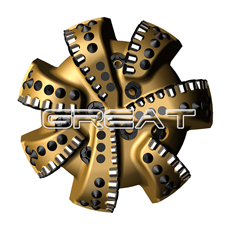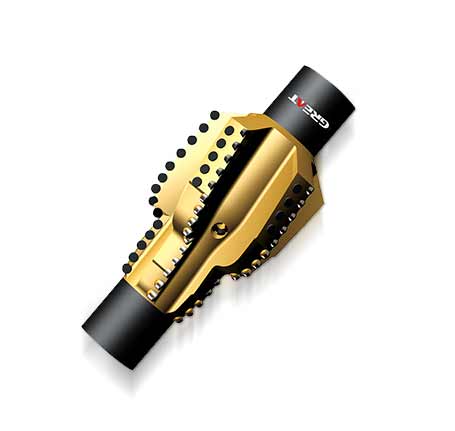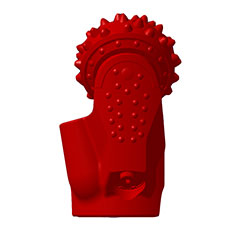Selecting the appropriate tools in manufacturing and metalworking is crucial for several compelling reasons:
1. Quality and Precision
Achieving Tolerances: Different manufacturing tasks demand specific levels of precision. For example, in aerospace component manufacturing, parts need to fit together with extremely tight tolerances. Using the right tools, such as high - precision CNC milling machines, ensures that the dimensions of the metal parts are accurate within microns. This precision is essential for the proper functioning of the final product.
Surface Finish: The right tools can significantly impact the surface finish of metal parts. A high - quality grinding wheel or a fine - tooth milling cutter can create a smooth surface, which is not only aesthetically pleasing but also important for reducing friction, preventing corrosion, and improving the performance of the part in its application.
2. Efficiency and Productivity
Faster Processing: Using tools designed for specific tasks can greatly speed up the manufacturing process. For instance, a specialized drill bit can penetrate metal much faster than a general - purpose one, reducing the time spent on each hole - drilling operation. This increased efficiency translates into higher productivity, allowing manufacturers to produce more parts in less time.
Reduced Downtime: The right tools are less likely to break or malfunction during operation. This means fewer interruptions in the manufacturing process due to tool failures. For example, a well - made cutting tool with high - quality materials can withstand high - speed machining for longer periods without chipping or wearing out, minimizing the need for frequent tool changes and associated downtime.
3. Cost - Effectiveness
Lower Tooling Costs: Although high - quality tools may have a higher upfront cost, they often provide better value in the long run. A durable and reliable tool will last longer, reducing the frequency of tool replacements. Additionally, using the correct tool can prevent costly mistakes, such as scrapping a part due to improper machining, which can save on material and labor costs.
Energy Savings: Some advanced tools are designed to be more energy - efficient. For example, modern metal - cutting tools with optimized geometries require less power to operate, which can lead to significant energy savings over time, especially in large - scale manufacturing operations.
4. Safety
Reduced Operator Risk: Using the right tools for a particular task helps ensure the safety of the operators. Tools that are designed for specific applications are more likely to be ergonomic and have built - in safety features. For example, a properly balanced and designed grinder reduces the risk of operator fatigue and potential accidents caused by loss of control.
Compliance with Safety Standards: In the manufacturing and metalworking industry, there are strict safety standards. Using the appropriate tools helps manufacturers meet these standards, avoiding potential legal issues and fines. For instance, using tools that are certified for use in hazardous environments reduces the risk of workplace accidents and ensures a safe working environment.
 English
English français
français Deutsch
Deutsch Español
Español italiano
italiano русский
русский português
português العربية
العربية tiếng việt
tiếng việt ไทย
ไทย Nederland
Nederland




